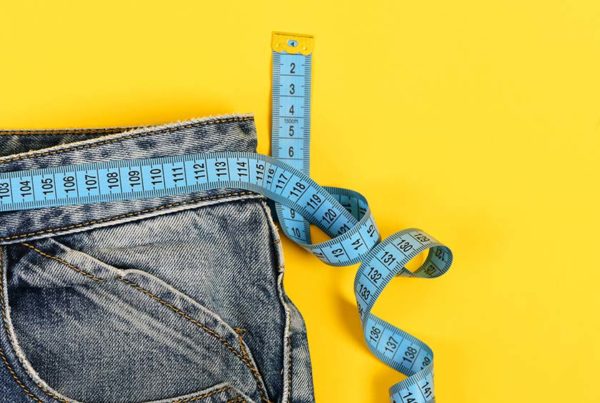How much vitamin D you need maintain normal, healthy levels is different for everyone.
A simple blood test should be performed as necessary to monitor your vitamin D levels. If you haven’t checked your vitamin D levels, an immediate test might serve as a baseline evaluation with a follow up test in four to six months. Depending on the results of each study, adjust your sun exposure and dietary supplements as needed.
Tell your health care professional to include vitamin D in your next blood test, or get an in-home test kit, which is a very accurate, easy and relatively inexpensive way to test your vitamin D level. These are available through the Vitamin D Council’s website (www.vitaminDcouncil.org).
Levels of Vitamin D
The lowest levels of vitamin D are in early spring. This is the best time to test yourself. While different labs can vary in what they define as their “normal” ranges, blood levels should be between 50–80 ng/mL (or 125–200 nM/L) year-round, with lower levels in this normal range following winter and higher levels within this range in late summer.
Based on recent scientific studies, the currently recommended vitamin D levels of 200-400 IUs (international units) are grossly inadequate. The average daily need for vitamin D may be as high as 4,000 IUs a day in some people.
In addition to calcium regulation and prevention of cancer, vitamin D specifically helps reduce pain caused by various types of muscle and bone problems. The sun also plays an important role in immunity, especially in children. And, the sun is good for our brain – getting natural sunlight helps the brain work better. No, not staring into the sun, but allowing our eyes to be exposed to natural outdoor light (contact lenses, eyeglasses, sunglasses and windows block the helpful sunrays).
As a steroid hormone, vitamin D has many other health effects in the body, including stimulating thousands of genes for optimal fitness and health.
Supplementing for Vitamin D Deficiency
The best dietary supplement is cod liver oil, which provides a concentrated form of natural vitamin D. Cod liver oil is the best type of vitamin D because it contains the vitamin D3 (cholecalciferol) form, which is better utilized by the body than the vitamin D2 form obtained from plants, which is a common source in other dietary supplements. Vegetarians who won’t take animal sources of vitamin D must rely more on the sun.
Vitamin D dosing should be based on current levels of vitamin D from a blood test:
- Less than 30 ng/ml (deficiency): 5-10,000 IUs/day.
- 30-50: 5,000 IUs/day.
-
50-75: 800-1,000 IUs/day.
The above measures do not consider time spent in the sun, which is your best source.
(Many supplements of cod liver oil also contain vitamin A, an important nutrient for just about everyone. However, avoid those containing vitamin A that provide you with more than about 5,000 IUs a day. High levels of vitamin A can also be toxic, and it can interfere with vitamin D metabolism.)
In some individuals who have very low blood levels of vitamin D, even modest amounts of vitamin D supplementation may not normalize blood levels, and much higher doses may be necessary to correct this serious deficiency. Here is a general guideline:
In some cases, 50,000 IU’s a day or more for the first week may be the start of optimal therapy, but this should be done with the help of a health care professional.
- These doses must be carefully monitored with blood levels to avoid toxicity while assuring levels are returning to normal.
- Very high doses of vitamin D, both in oral and injectable forms, in doses of 25,000 to 100,000 units, come with a risk of overdose.
- Vitamin D toxicity can cause significant mineral imbalance, especially of calcium and phosphorus, as well as fatigue, constipation, forgetfulness, nausea, and vomiting.
Continue on your Journey
It’s time to read more about other important sources of Vitamin D, such as foods, natural sunshine, and even artificial forms of sunshine. Click the button below to continue:








